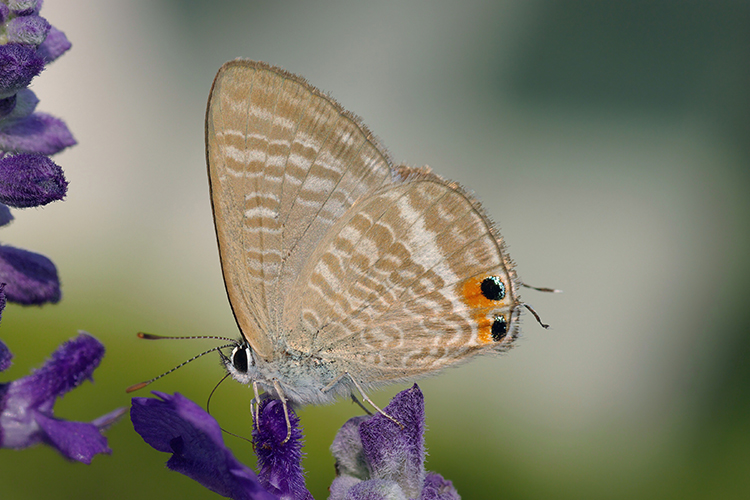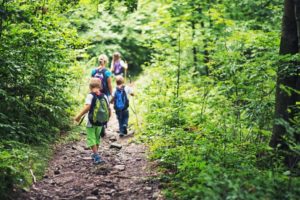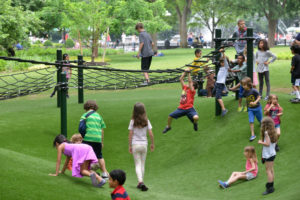In the recent pandemic years, families, significantly children have been impacted by the challenges associated with urban living. The most pressing challenges include public health, access to free green spaces, mental and physical challenges related to modern urban living. Navigating life and finding the basic needs have proved to be stressful for families and individuals.
When social distancing became a norm, it became clear that indoor socialization options were risky for health reasons. Being outdoors, with safe distances, meant engaging with nature, especially in urban areas. Scientists and decision-makers recognize the benefits of engaging with nature.
Scientific studies have shown that engaging with nature has many-fold benefits. For example, even a daily walk in the park can provide many health benefits- such as lowered blood pressure and lower prevalence of allergies. In addition, other studies have shown that engaging with nature helps people experience lower stress, anxiety, and depression. All these translate into social wellbeing outcomes for many people, including connecting with people and engaging with them without experiencing extreme anxiety or burnout.
Nature-based studies show that the benefits of interacting with nature can increase with the ‘dose’ of nature. Read this blog post to understand more about nature dosing. Thus, it is essential to live in areas with green, natural spaces, which provide more opportunities to freely interact with nature. In recent years, scientists and many urban populations have begun to understand the importance of mental health and the role of nature connection.
Nature-based intervention is a growing area of research. A growing body of scientific research studies shows that many benefits are available to populations through nature-based interventions. For example, when people have access to natural spaces, it helps prevent ill health and promotes health and wellbeing. In some instances, particular illnesses may be treated based on nature-based interventions.
When nature is ‘prescribed’ as a part of intervention or cure, it provides multiple benefits, including physical, mental, and social health gains. Urban areas need spaces that allow families and individuals to connect with nature where they live, work, learn, go for recreation, heal, or find a sanctuary. The impact and outcome of any intervention or cure are dependent on the level of efforts by the individual or the population. Behavioral changes of individuals and people provide significant clues regarding their emphasis on wellbeing.
A crucial aspect of nature-based health interventions is the multiple ways they can affect people. For example, suppose a person has received a prescription for a daily nature walk. The person decided to fully engage in the activity. In that case, it will lead to increased physical activity (which has many positive health outcomes), mental restoration, and a sense of wellbeing. This blog post explains more about the benefits of walking. This blog post focuses on psychological and physical wellbeing when interacting with nature.With so many benefits from nature-based interactions, every urban area needs to plan and provide restorative natural spaces. Such spaces must offer equal opportunities for citizens of all backgrounds to benefit from nature. To provide all the benefits of nature-based health interventions to children in all urban areas, we need to look around and identify the existing natural spaces near us. This blog post highlights the long-term impact of developing nature connections for children. What we do today impacts the health and wellbeing of future generations, and that alone should spur us to engage with nature in nonviolent ways.


